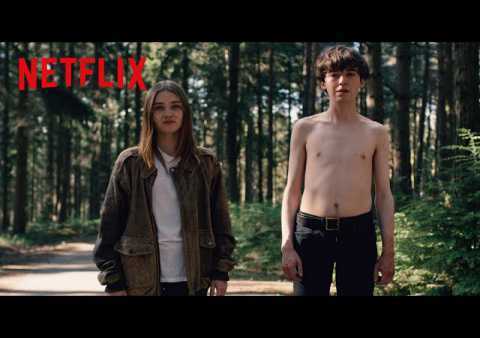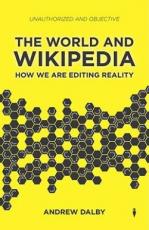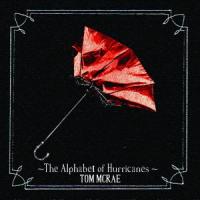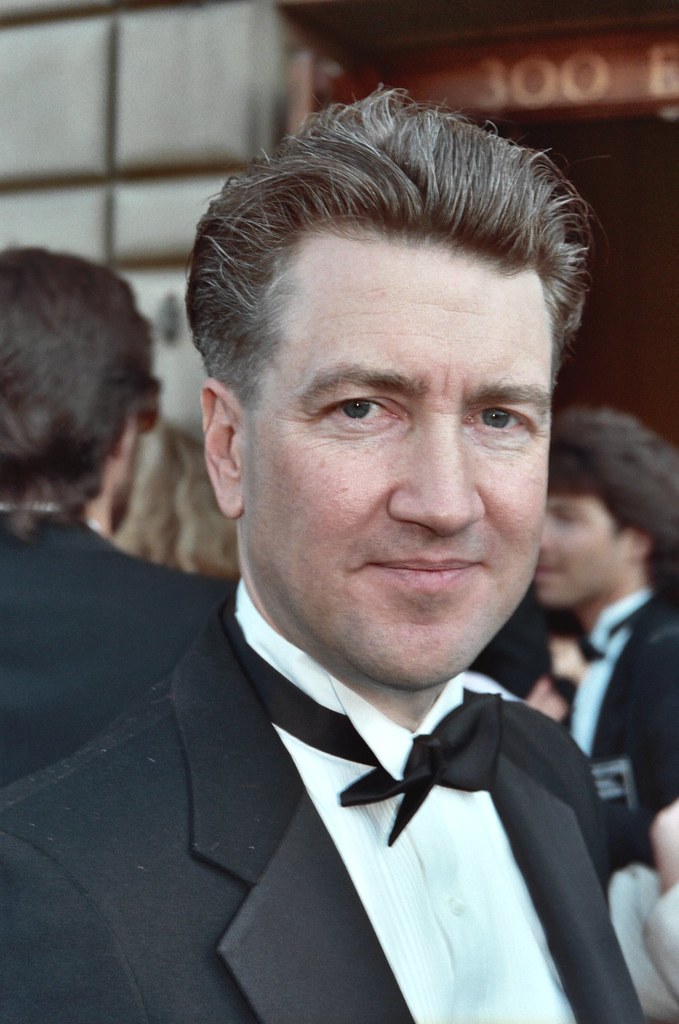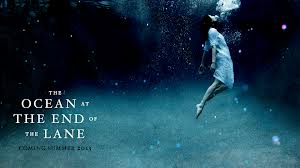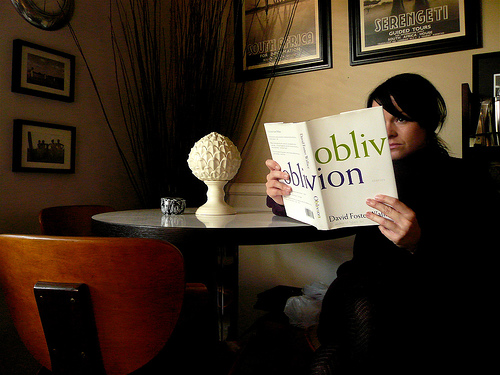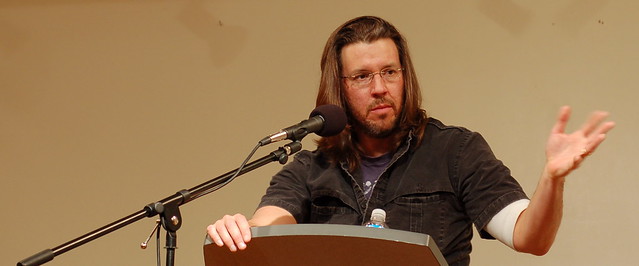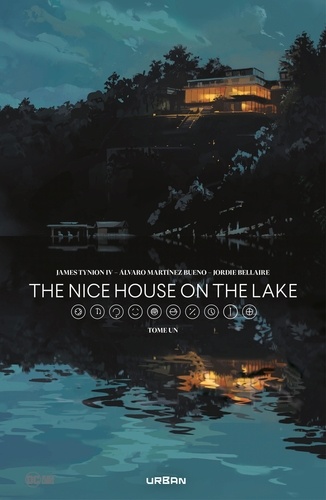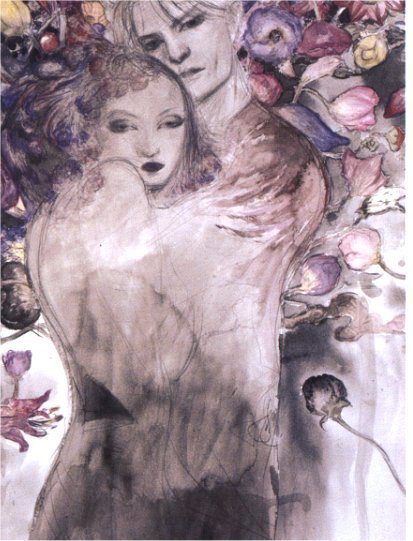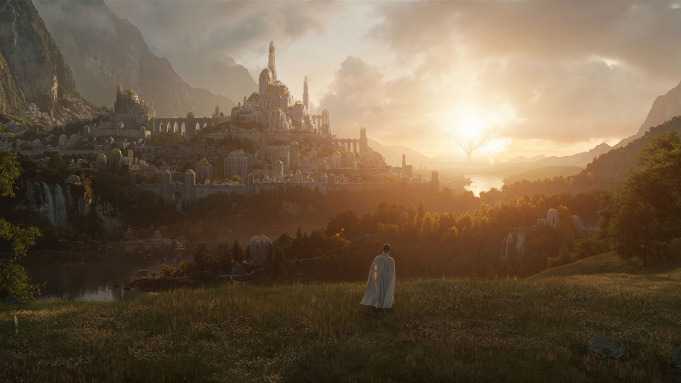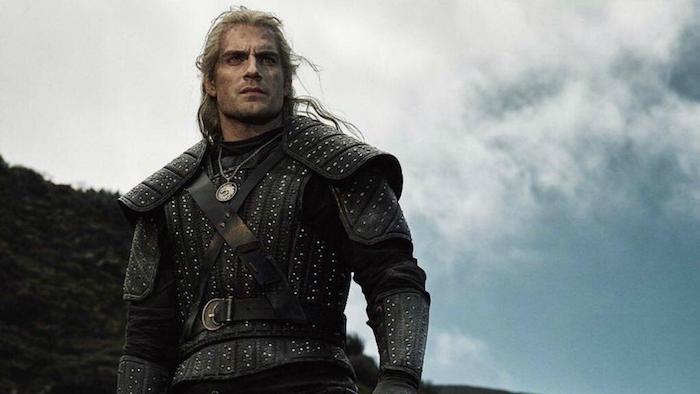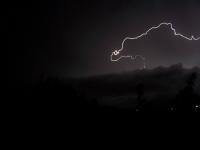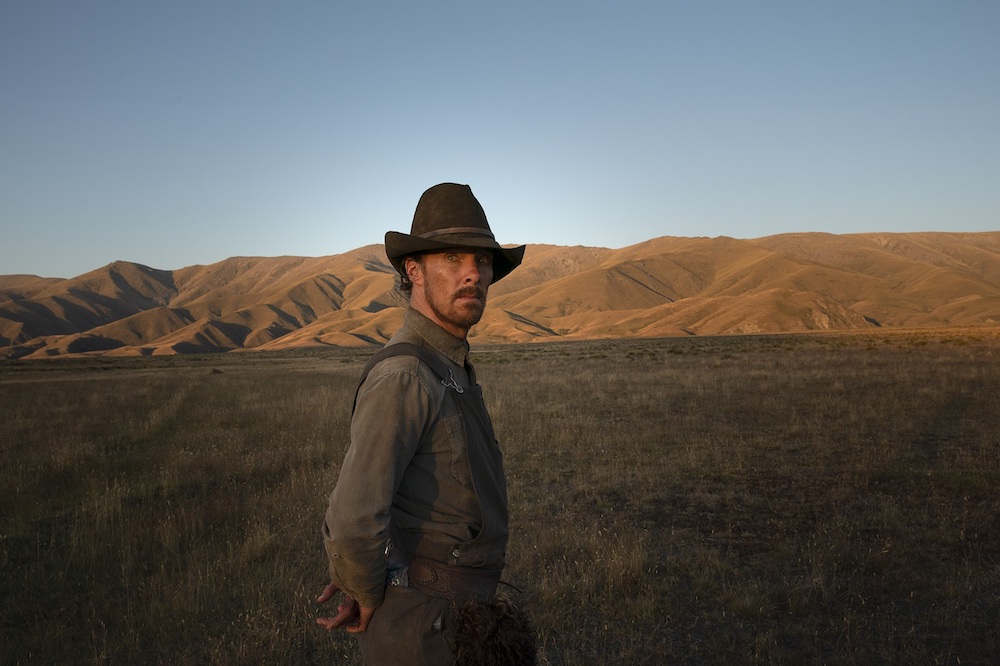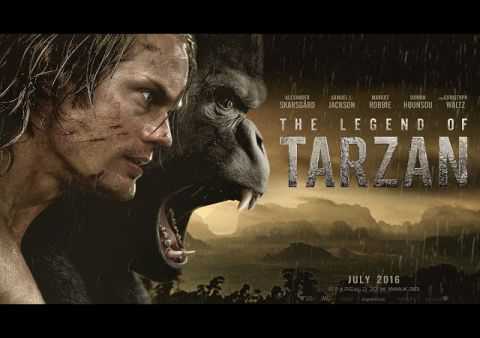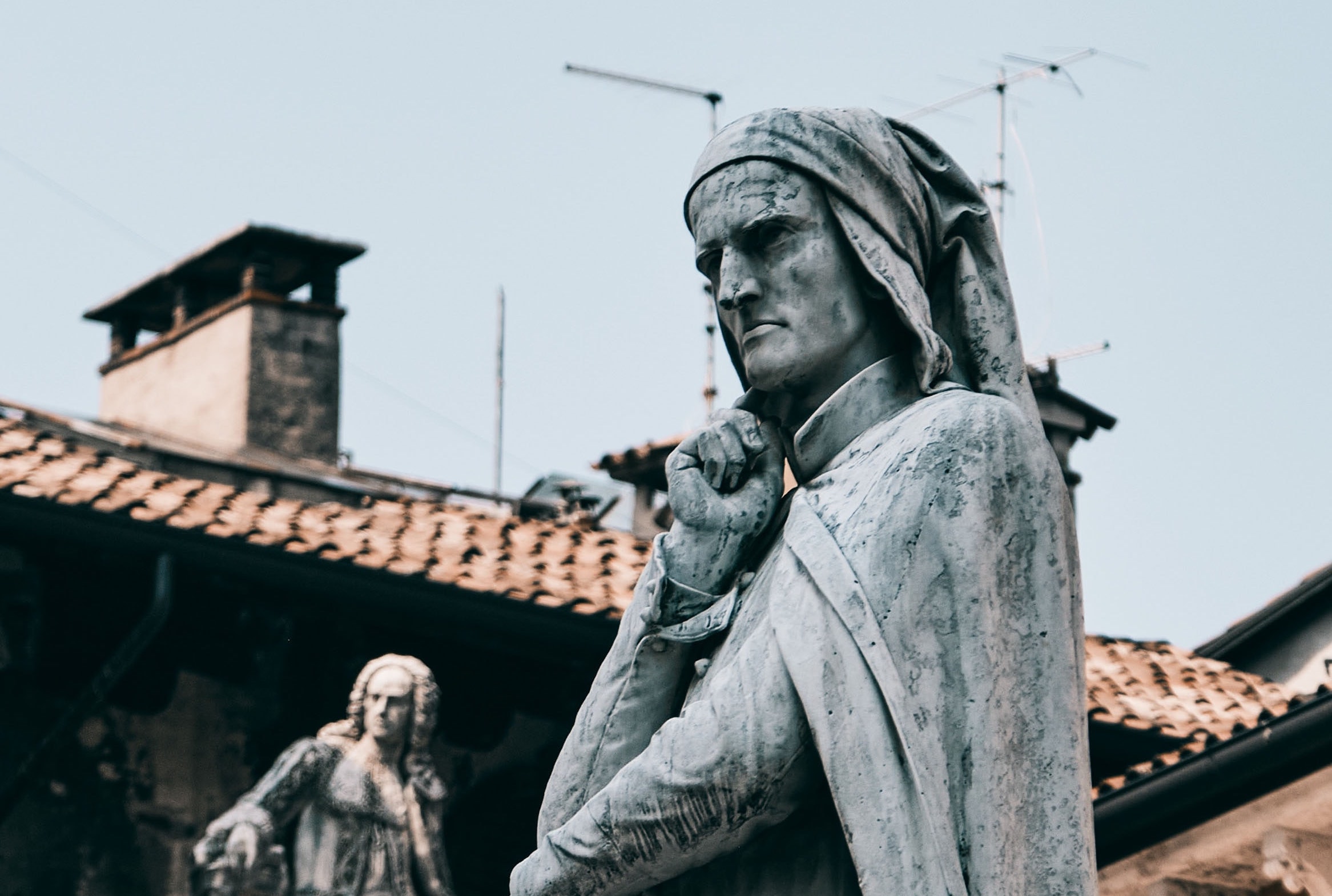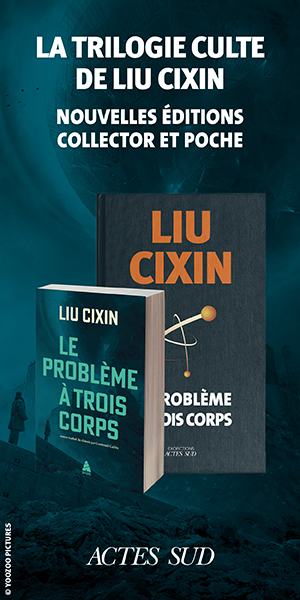The End Of The Fucking World
Dossiers

Livres, actualités : tout sur Andrée Chedid
Née le 20 mars 1920 au Caire, en Égypte, sous le nom Andrée Saab, Andrée Chedid y mène ses études, apprenant le français et l'anglais, et utilisant de manière ponctuelle l'arabe. Avec son mari Louis Selim Chedid, qu'elle épouse en 1942, elle part au Liban l'année suivante, où elle publie son premier recueil poétique, On the Trails of My Fancy, sous le pseudonyme A. Lake.

Foire du Livre de Francfort 2019 : la Norvège à l'honneur
La Foire du Livre de Francfort 2019, 71e édition, se déroulera du 16 au 20 octobre. L'un des plus importants salons du monde du livre européen fera cette fois une place d'honneur à la Norvège. « The dream we carry », ou le « Le rêve que nous faisons », titre du programme mis en œuvre par le pays, promet beaucoup, et notamment des focus sur la liberté d'expression et sur les auteurs et livres féministes.
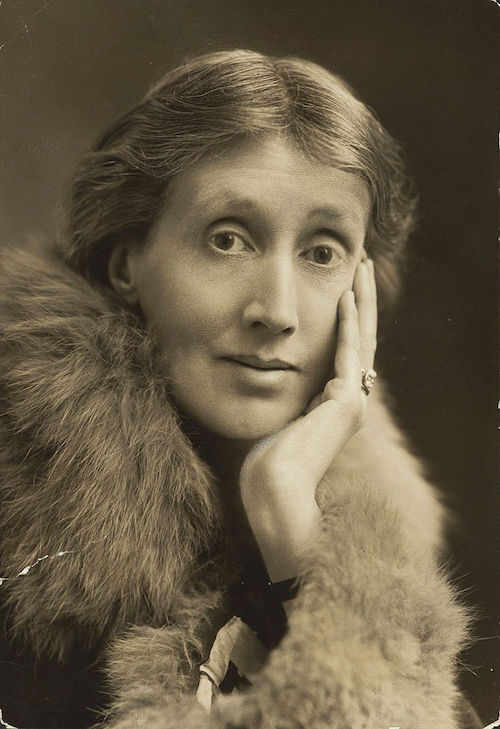
Livres, actualités : tout sur Virginia Woolf
Née Adeline Virginia Alexandra Stephen en 1882, Virginia Woolf grandit dans une famille aisée, où elle dispose d'un accès facilité à l'art et à la culture de son époque. Les disparitions de sa mère, en 1895, de sa demi-sœur puis de son père fragilisent toutefois son état émotionnel : elle devient sujette aux dépressions nerveuses. En 1915, elle publie son premier roman, The Voyage Out, après quelques années d'activité au sein du supplément littéraire du Times.
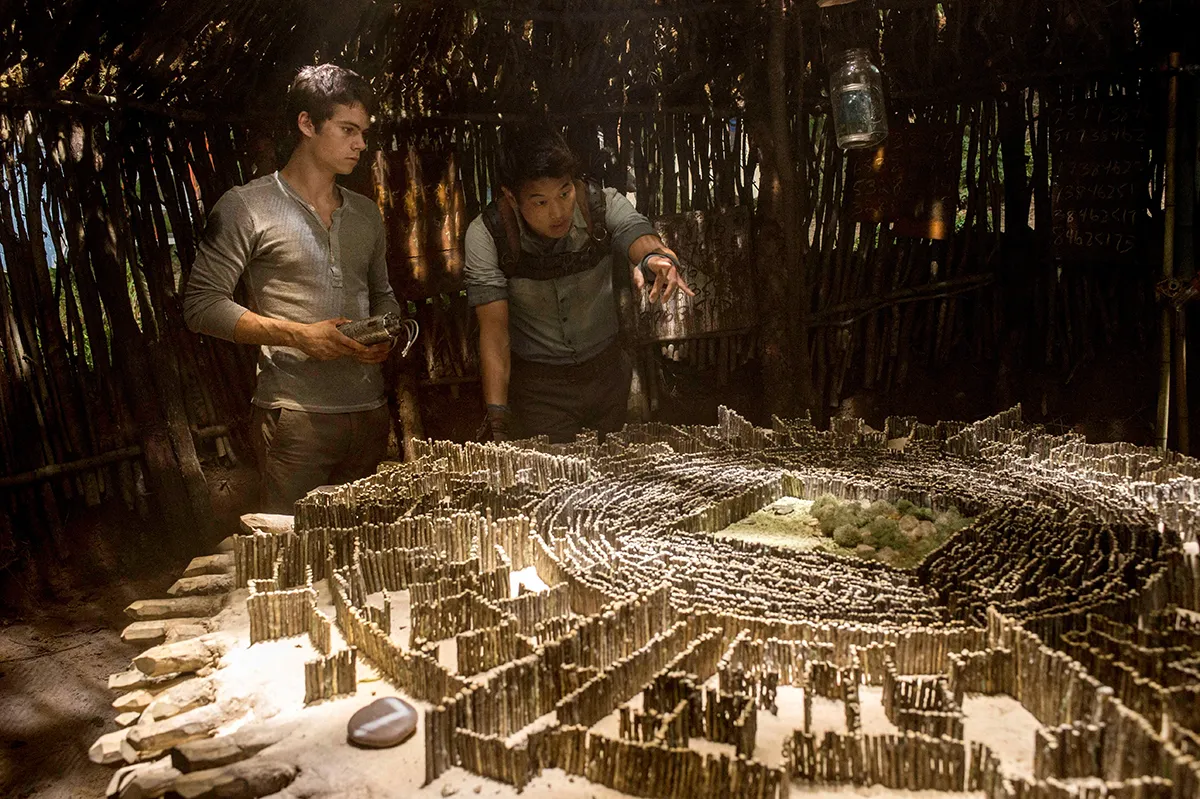
Courir ou mourir : Le Labyrinthe, la saga de James Dashner
Depuis la publication du premier livre en 2009, la saga Le Labyrinthe (titre original : The Maze Runner), écrite par James Dashner, a marqué une génération d'adolescents et jeunes adultes par son intrigue captivante, ses personnages attachants et sa représentation métaphorique des défis de l'adolescence. Cette saga dystopique a séduit des millions de lecteurs à travers le monde et a inspiré une série de films à succès.

Le trône de fer : les livres de la saga A Song of Ice and Fire de George RR Martin
Le trône de fer est une immense saga d’héroïque fantasy qui s’inspire de la série des Rois maudits de Maurice Druon. C’est au début des années 1990 que Georges R.R. Martin commence à écrire Le trône de fer, le premier volume est publié en 1996. En 2007, la chaine de télévision HBO acquiert les droits d’adaptations. L’auteur lui-même participe à sa production et écrit le scénario d’un épisode par saison.
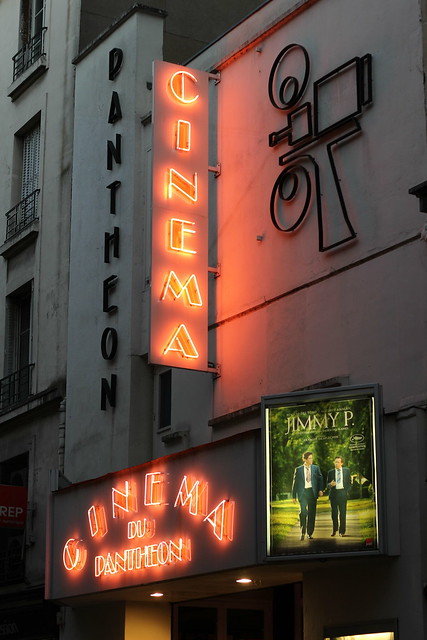
En série ou en film, les adaptations de livres crèvent l'écran
Le Parrain, Les Dents de la mer, Raisons et sentiments, Le Seigneur des Anneaux, la saga Harry Potter, Le Nom de la Rose, Orange mécanique, Vol au-dessus d'un nid de coucou, Le Guépard, Lettre d'une inconnue... Tous ces films ont un point commun, celui d'être des adaptations de romans ou de sagas littéraires...
Extraits
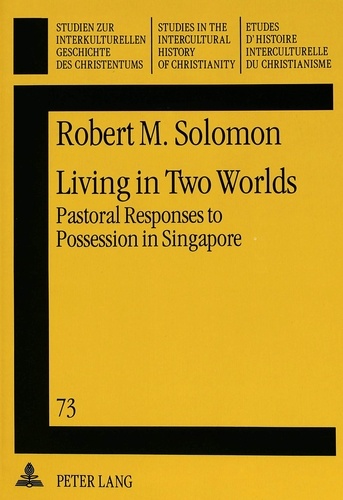
Non classé
Living in Two Worlds
05/1994
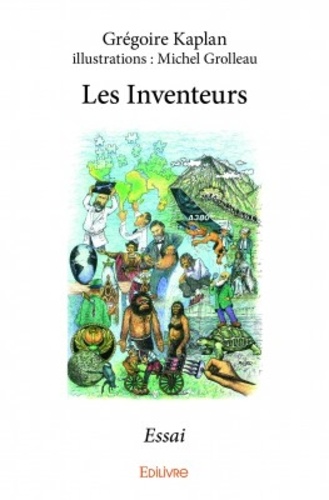
Littérature française
Les inventeurs. Essai
02/2017
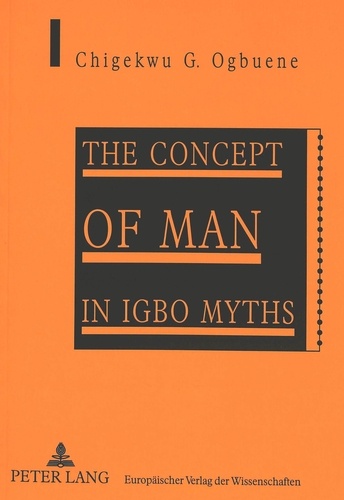
Non classé
The Concept of Man in Igbo Myths
11/1999
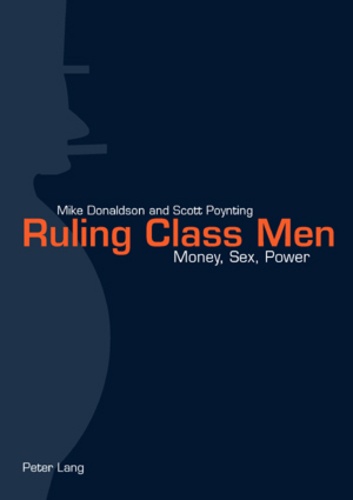
Non classé
Ruling Class Men
02/2007
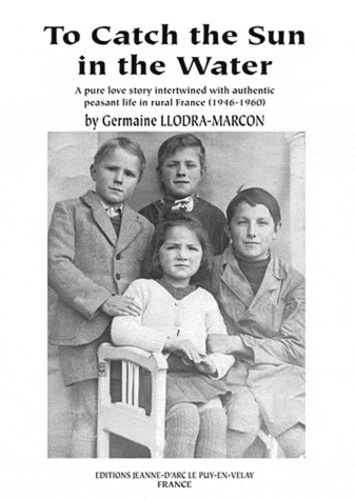
Critique littéraire
To catch the sun in the water
07/2001
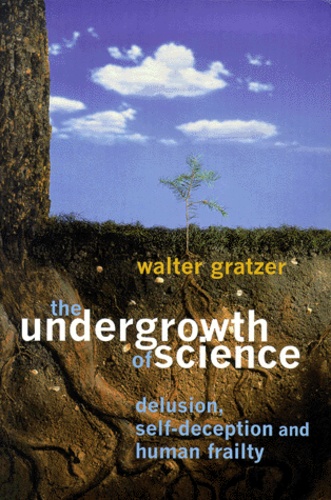
Histoire et Philosophiesophie
The Undergrowth of Science. Delusion, self-deception and human frailty
01/2000

